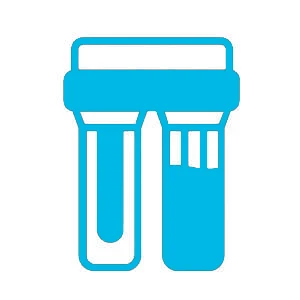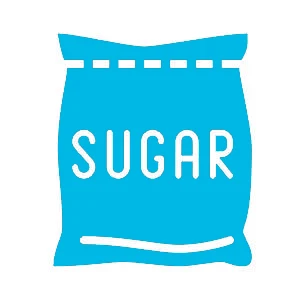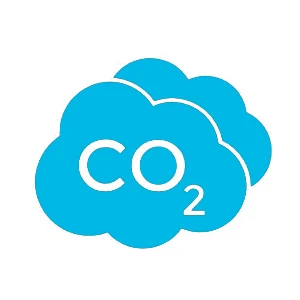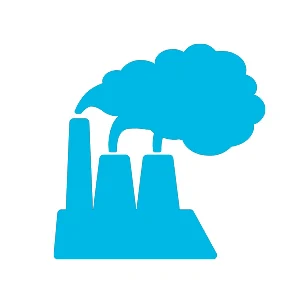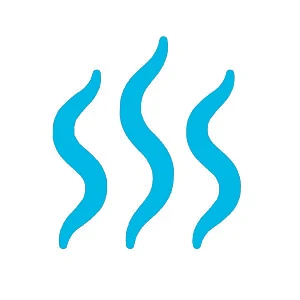Applications
Contact Us
Office Add:Room201,Unit2,Building7th,Huarunyuefu,No.27ChangxingSd, Wanbailin District,Taiyuan,Shanxi PR.China.
5.Syrup Refining And Decolorization
Activated carbon efficiently removes impurities that affect the quality of sugar solution through the synergistic effect of physical adsorption (van der Waals forces capturing pigment macromolecules) and chemical adsorption (surface functional groups forming hydrogen bonds with pigments). Activated carbon in sugar refining is not only a "pigment catcher", but also a key node in resource recycling - from the regeneration of corn stalk waste residue to the microwave activation of bagasse, technological innovation is driving the sugar industry to leap towards green and low-carbon. In the future, with the popularization of modified carbon and intelligent combined processes, activated carbon will continue to provide underlying support for the high-quality and sustainable development of the global sugar industry.
|
Comparison of the application effects of activated carbon in Sugar Refining |
|||
|
Sugar products |
Type of activated carbon |
Optimum technology parameter |
Decolorization rate/Key indicators |
|
Sucrose solution |
Coconut shell based activated carbon |
1.5%, pH 3.5, 70℃, 20 min |
81.01% |
|
F-90 High fructose corn syrup |
Granular carbon fixed bed |
0.9 BV/h, 69.5℃, pH 5.1 |
The removal rate of HMF was 87.05% |
|
Xylitol hydrolysate |
Corn stalk carbon |
0.1-1%, 30-40℃, 1.5-3 h |
>97% |
|
Extract of xylose from bagasse |
Special Activated carbon C1 |
6%, pH 4.5, 40℃, 60 min |
The pigment adsorption rate was 96.34% |
|
Malt syrup |
Combined process (carbon + resin) |
Intelligent interchange evaporation system |
Color value ≤25 ICUMSA |








